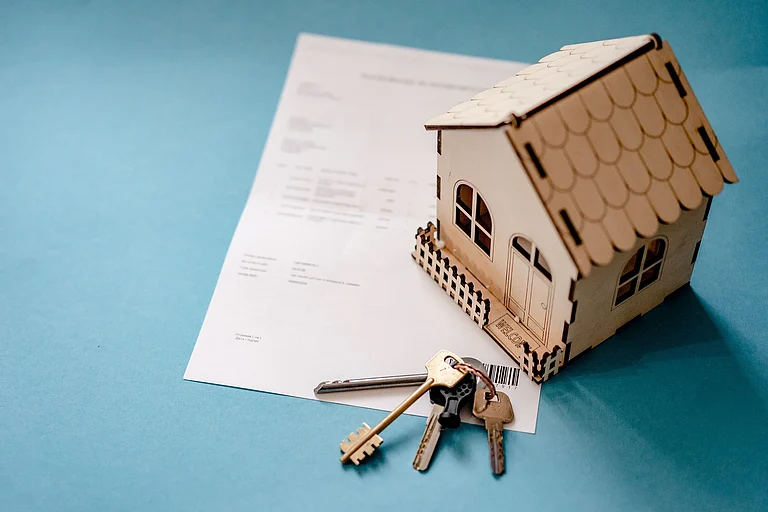
Summary of this article
The top-up loan enables borrowers to acquire additional funds beyond their current home loan balance to fund their renovation needs. Before you get a home improvement loan, however, you should evaluate different lenders' interest rates and terms. You should make sure to finish paying the entire loan amount during the specified repayment period.
When residences age, they commonly require funding for necessary renovations and repairs. A home renovation loan provides financial support for this specific purpose. Home renovation loans support homeowners who need financial assistance for renovating or improving their current residences through different banks and financial institutions.
Home Renovation Loans
Home renovation loans are specifically designed for home renovation and repair work, typically offering shorter repayment periods and smaller loan amounts compared to traditional home loans. A top-up loan exists as an option for homeowners who currently maintain an active home loan.
The top-up loan enables borrowers to acquire additional funds beyond their current home loan balance to fund their renovation needs. You need to evaluate your renovation needs and budget before applying for a home renovation loan to obtain a loan amount which you can repay comfortably. Also examine the loan agreement terms and conditions carefully before signing.
Suitability Requirements
The eligibility criteria will differ between lenders, but they normally assess one’s income level together with credit rating and property market value. You need to show evidence about your renovation project through contractor or architect estimates.
Amount Of Loan
The loan amount should match the total cost needed to finish your house renovation. The lender may provide you with more funds based on your income level and property value, but select an amount that allows you to repay without financial burden. Your loan amount will vary depending on the lender's policies and your personal qualifications. The amount available from lenders typically reaches up to a specific percentage based on the present market value of the property.
Interest Rates
Home renovation loans come with either fixed or floating interest rates which vary between different lending institutions. To find the best deal you need to compare the interest rates offered by different lenders.
Documentation
Having your documents ready is essential to get a smooth loan approval process. You should get a clear understanding from the lender about which documents you need to submit both before and after the renovation project. You will need to present documents that verify your identity along with proof of residence and income and property ownership. The lender will request additional documentation regarding your renovation project.
Repayment Tenure
Home renovation loans have repayment periods that vary from several months to many years. You should select a repayment period which matches your financial capability to pay without causing excessive financial strain.
Loan Disbursement
The bank will release your loan funds after it validates your personal details and income information. The lender can choose to send the renovation project funds directly to the contractor or vendor instead of providing them straight to the borrower.
Tax Benefits
Taking out a home improvement loan enables you to obtain tax benefits which assist you in saving money. Under Section 24(b) of the Income Tax Act, you can get a yearly tax benefit of Rs 30,000 for the improvement of your home. The Rs 30,000 deduction in loan interest payments on self-occupied homes is subject to the Rs 2 lakh annual limit. However, home renovation loans don’t qualify for a tax deduction under Section 80C.
Before you get a home improvement loan, however, you should evaluate different lenders' interest rates and terms. You should make sure to finish paying the entire loan amount during the specified repayment period.














